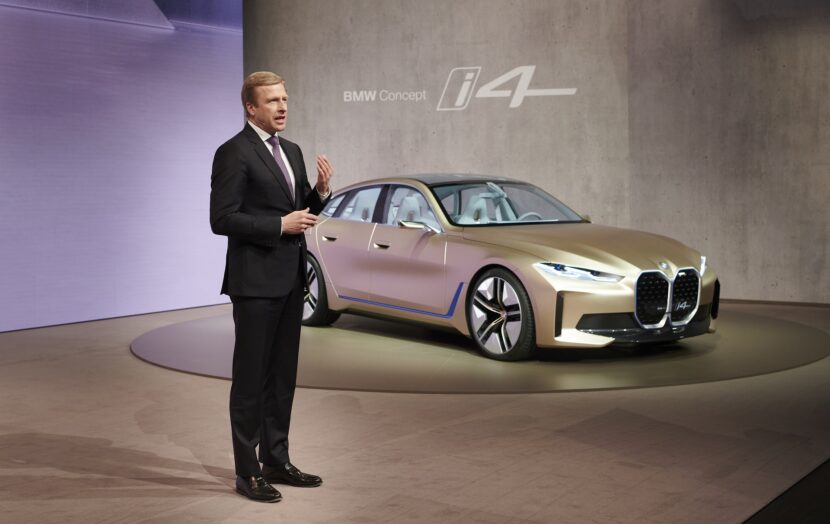In keeping with an unconfirmed report, BMW CEO Oliver Zipse is about to depart his function subsequent yr, marking a major management transition for BMW because it navigates a brand new lineup of merchandise. In keeping with experiences from Germany’s Supervisor Magazin, Zipse won’t lengthen his contract past the summer season of 2026, stepping down on age grounds. This resolution aligns with BMW’s long-standing observe of setting a 60-year age restrict for its higher administration, though exceptions have been made prior to now. BMW has declined to touch upon these claims for varied shops.
Oliver Zipse’s Tenure and Achievements
Zipse joined BMW as a trainee in 1991 and rose by way of the ranks, ultimately turning into head of manufacturing earlier than assuming the function of CEO in 2019. Throughout his management, BMW made vital strides in electrification, digitalization, and sustainability. Zipse, who turns 61 on February 7, 2025, will go away behind a legacy of innovation and resilience throughout a transformative interval for the model.
- Electrification Push: Zipse spearheaded the event of the Neue Klasse structure, which can debut with the launch of the BMW iX3 (NA5) in 2025 and the BMW i3 (NA0) within the 3 Collection phase by spring 2026. This platform integrates sixth-generation eDrive expertise, that includes superior round-cell batteries that promise elevated vitality density, longer vary, and diminished manufacturing prices.
- FCEVs: Zipse championed the gas cell hydrogen expertise with BMW planning to launch its first production-series hydrogen automotive in 2028.
- Resilience Amid World Challenges: Zipse’s tenure noticed BMW navigate the COVID-19 pandemic, semiconductor shortages, and evolving regulatory pressures with a give attention to monetary stability and innovation.
- Sustainability Management: Beneath Zipse, BMW bolstered its dedication to sustainability, advancing carbon neutrality targets and rethinking manufacturing processes to align with the corporate’s iFactory initiative.
No matter when Zipse steps down, he’ll go away behind an important legacy. Within the early days of his tenure, he confronted criticism for not placing all of the chips on the electrical motion as some rivals did. As an alternative, BMW adopted a versatile technique, creating an structure (CLAR) able to supporting inner combustion engines (ICE), electrical autos (EVs), plug-in hybrids, and hydrogen gas cells.
This strategy was initially seen as indecisive, however time has confirmed Zipse’s technique proved to be the appropriate one. The world remains to be not able to go totally electrical, and BMW’s multi-faceted strategy is paying off, as evidenced by its robust gross sales experiences for 2024.
Potential Successors
As hypothesis mounts about who will succeed Zipse, the BMW Supervisory Board faces a vital resolution. Traditionally, the corporate has promoted from inside its ranks, favoring executives with intensive expertise within the model’s tradition and operations. Nonetheless, this isn’t a binding custom, leaving room for surprising candidates.
There isn’t any entrance runner from what we’re listening to by way of unofficial channels. In fact, wanting on the board there are fairly just a few decisions, beginning with Ilka Horstmeier (56), Board Member Individuals and Actual Property, Labour Relations Director, and Dr. Milan Nedeljković (56), Board Member Manufacturing.
Frank Weber (R&D Board Member ) and Jochen Goller (Gross sales and Advertising and marketing Board Member), each born in 1966, are shut in age to Zipse and would additionally attain the 60-year threshold by 2026, so the age issue might come into play once more. In fact, different executives under the board stage, and out of doors executives might be thought-about for the job as properly.





